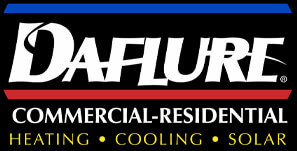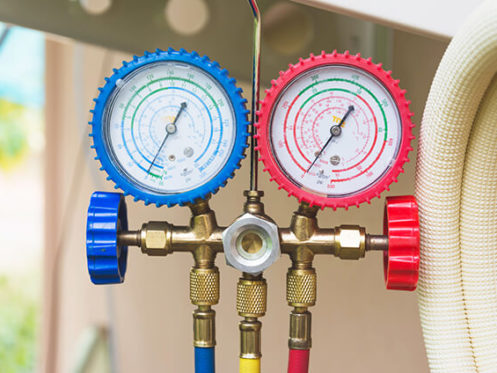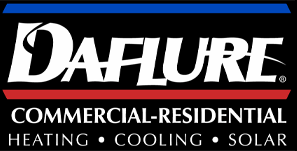When the weather is hot outside, you will need to make sure that your air conditioner adequately cools your home. However, even if your air conditioning system cools your home properly, there are things you should do to optimize its efficiency. An inefficient air conditioner can make you pay more than necessary on your utility bills. Here are three steps to take to make your air conditioning system run more efficiently.
Make Sure Your Thermostat Has Enough Power
Since most thermostats operate on battery power, it is necessary to inspect them once in a while to see if they have enough energy. If your thermostat’s batteries are running low, it can cause irregular input to be sent to your air conditioning system. This, in turn, causes an uptick in power consumption. To prevent your thermostat from wasting power, be sure to inspect and change the batteries from time to time.
Keep Your Air Filter Clean
A clean filter allows air to flow through unobstructed. If there are blockages in your air filter, not enough air will be able to flow through, which causes your air conditioning unit to work harder. This overwork can make your energy bills spike. To lower the risk of air filter obstructions causing more energy consumption, make sure to clean or replace them in a timely fashion. New filters are inexpensive to purchase.
Keep the Blower Clean
Your air conditioner’s blower, which propels chilled air through your home’s ducts, is located at the top of the unit underneath a metal enclosure. Dust can frequently build up on the surface of the fan, which can lower its power efficiency and the air quality in your residence. In order to keep your power bills and the dust content in the air down, be sure to call a professional to clean your blower if you suspect there is a dust buildup on the surface.
The experts at Daflure will assist you with all of your New Cumberland-area HVAC repair, installation, and maintenance needs. We can handle your solar needs as well. Contact us today for more information.



 SPECIALISTS
SPECIALISTS